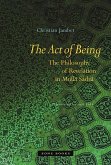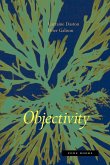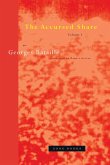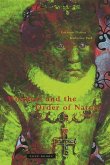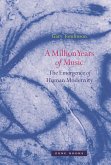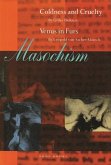An ancient tradition holds that Pythagoras discovered the secrets of harmony within a forge when he came across five men hammering with five hammers, producing a wondrous sound. Four of the five hammers stood in a marvelous set of proportions, harmonizing; but there was also a fifth hammer. Pythagoras saw and heard it, but he could not measure it; nor could he understand its discordant sound. Pythagoras therefore discarded it. What was this hammer, such that Pythagoras chose so decidedly to reject it? Since antiquity, "harmony" has been a name for more than a theory of musical sounds; it has offered a paradigm for the scientific understanding of the natural world. Nature, through harmony, has been transcribed in the ideal signs of mathematics. But, time and again, the transcription has run up against one fundamental limit: something in nature resists being written down, transcribed in a stable set of ideal elements. A fifth hammer, obstinately, continues to sound.
Hinweis: Dieser Artikel kann nur an eine deutsche Lieferadresse ausgeliefert werden.
Hinweis: Dieser Artikel kann nur an eine deutsche Lieferadresse ausgeliefert werden.


